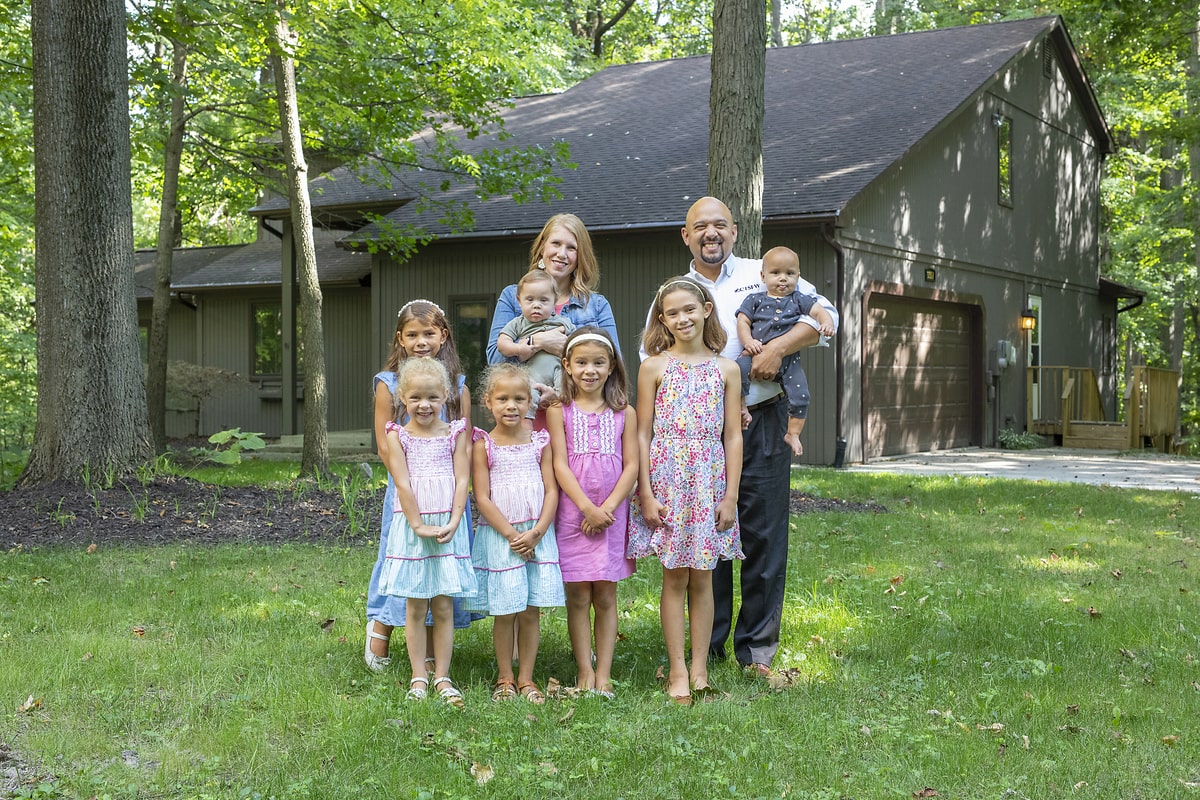Your Path to Homeownership Starts Here
Why LCEF?
Buying a home is a significant milestone, but it doesn’t have to feel overwhelming.
At LCEF, we understand the unique challenges faced by LCMS Rostered Church Workers
(RCWs) because we’ve been serving the church and its workers since 1978. We recognize the
dedication you bring to your ministry, and we believe the homebuying process should be a
source of support, not stress.
Our experienced team is here to guide you through every step of the way. Whether you’re
purchasing a new home or refinancing, LCEF offers competitive mortgage options specifically
designed for ordained and commissioned LCMS RCWs.
Let us manage the details of your mortgage, so you can stay focused on what truly matters—
serving His Kingdom.
How Much Can You Afford?
Gross Monthly Income
Total monthly income:
New Home Info
Monthly Debts
Total monthly debts and housing expenses (including insurance and real estate payments):
Mortgage Calculator
State Availability
Hover over the state in which you are looking to purchase or refinance for details about the RCW mortgage program.
Looking for a Home Equity Loan? Check the Home Equity Loan availability map here.
* Texas– Specific state regulations apply. All cash out refinances and straight refinances in excess of 80% loan-to-value are not available. Call 800-843-5233 for details.
The RCW Mortgage Loan Program offers adjustable and fixed rate options and is available for the purchase or refinance of a Primary Residence home. Applicants must be active or emeritus status and meet specific underwriting guidelines.
From
the RCW Community

Chris Dehning
Principal at Trinity Lutheran School in Winfield, Kan. and first-time homebuyer.
“Lutheran Church Extension Fund (LCEF) is doing a lot of great work.”

Rev. Matt Wietfield
Concordia Theological Seminary, Ft. Wayne, Ind.
“We never even looked at anyone else for a loan. LCEF came through with a great interest rate and took care of us completely. It was no surprise; I knew we’d be taken care of.”
FAQs About the Mortgage Process
Are you feeling overwhelmed? We know it can be intimidating, especially for first-time
homebuyers. LCEF is here to help you. We’ve hosted two informational webinars about our
RCW mortgage program that include helpful tips from our team of experts and a realtor.
How do I qualify for a home loan from LCEF?
What should I do before buying a home?
How long does the process take?
What benefits do Rostered Church Workers enjoy with LCEF’s home loan program?

Download Our Free Tips Guide
Connect With Our Team
While together LCEF and LFCU support the mission and ministry of The Lutheran Church—Missouri Synod, they are independent organizations and not affiliated with each other. Lutheran Federal Credit Union: 10733 Sunset Office Drive, Suite 406, St. Louis, MO 63127-1020. Phone number: 314-394-2790. Website: Lutheranfcu.org. (NMLS# 1301052).
